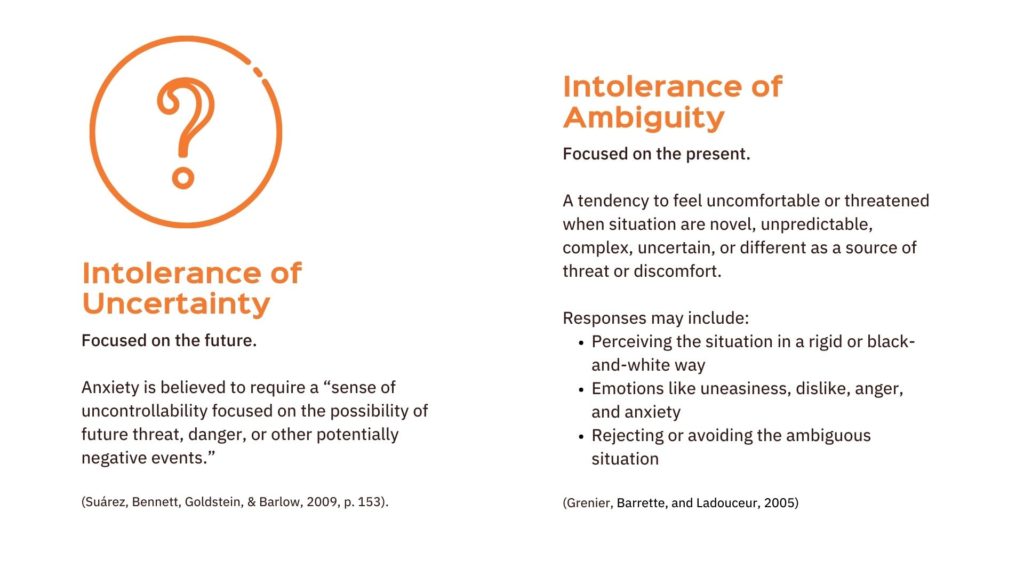GRIEF: I worry because I have a low tolerance for not knowing everything will be okay. It’s as simple as that. I am uneasy about a margin of error – an unlikely event – the single-digit percentage of times things go wrong. Not in all situations, but in many, and particularly those that involve life and death.
People very reasonably say to me – “The chances of that terrible thing happening are so low – why do you worry?” To which I usually respond, “Well, if it has to happen to someone, why shouldn’t it be me?” I’m not sure whether I’ve always taken such issue with the unknown, but I’m certain that being exposed to loss has exacerbated my fears.
When you’ve experienced loss, you learn that sometimes you are the person the bad things happen to, and this can make you feel paralyzingly vulnerable. Perhaps loss shattered many of the assumptions you held about the world being a safe place. Now you worry because you’re not sure what set of rules the world plays by. Loss and grief can teach you many lessons. Some of these lessons are useful and constructive, while others make life feel a little more challenging.
Intolerance of Uncertainty
There’s a highly researched and studied concept related to this discussion called “Intolerance of Uncertainty”. We briefly described this concept in an article about anxiety in grief:
“Some people have a very hard time dealing with even the remote possibility of something bad happening. Even if the odds of an event occurring are very low, the uncertainty of whether or not it will happen is enough to cause intense anxiety and distress.”
Intolerance of uncertainty is highly correlated with many forms of anxiety disorders.
Intolerance of Uncertainty in Grief
Another reason fear and anxiety towards unknowns in the future feels especially relevant in grief is that life after loss is unprecedented. Many people will feel they’ve veered far from the path of what feels normal and expected, so how could they possibly count on anything in the future? Further, some people also struggle with intolerance of ambiguity in the present. So everything – the grief, anxiety, ambiguity, uncertainty, and fear – all gets mixed-up in one unappetizing stress strew.

How intolerance of uncertainty manifests depends a lot on the person. For me, it feels like a significant distraction that prevents me from being fully present in my life. There’s often a little voice that pulls me away from otherwise contented moments saying, “Don’t forget, something could steal away everything you love in a heartbeat.” So rather than feeling safe and comfortable tucked in at night in my little house with my little family, I often feel scared instead.
Perhaps you can’t relate to this concept at all, and, if so, that’s good! That’s one less challenge to deal with in your grief. But if you’re struggling with anxiety and fear, I encourage you to consider how loss has impacted your feelings about uncertainty and the unknown. You may find that your experiences with loss, trauma, and grief have led you to believe that the other shoe will always drop, which has you constantly feeling on edge.
Authored By ELEANOR HALEY
